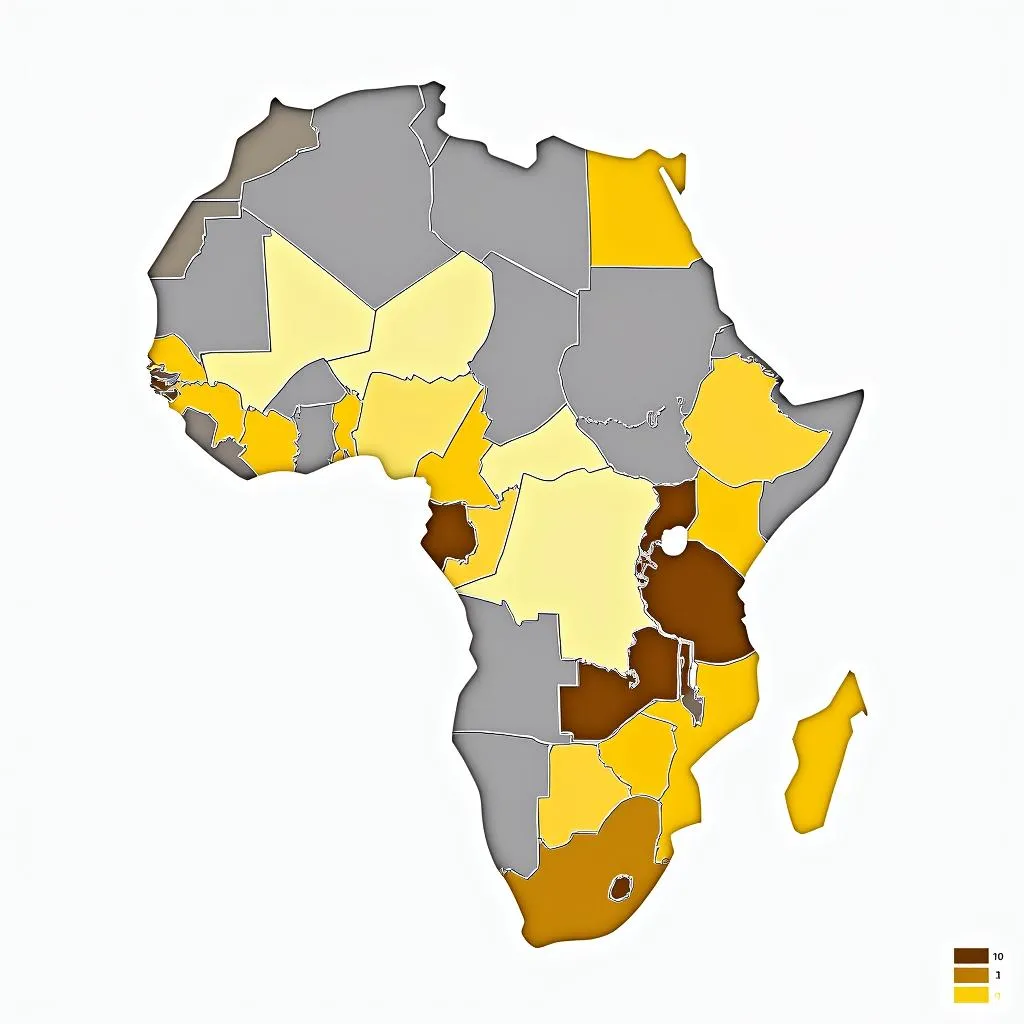Navigating African Health Economics and Policy: A Look at Association Leaderships
African Health Economics And Policy Association Leaderships play a critical role in shaping the healthcare landscape across the continent. These individuals and organizations are at the forefront of addressing health challenges, advocating for better policies, and ultimately improving health outcomes for millions of Africans. Understanding their work provides valuable insight into the complexities and opportunities within the African health sector.
Understanding the Importance of African Health Economics and Policy Associations
 African Health Economics Conference
African Health Economics Conference
The health status of a nation is deeply intertwined with its economic well-being. African health economics and policy associations recognize this crucial link and work to:
- Conduct research: These associations undertake vital research on healthcare financing, resource allocation, and the economic burden of disease in Africa. Their findings provide evidence-based data to guide policy decisions and resource mobilization.
- Advocate for change: Armed with research and a deep understanding of the challenges, these associations advocate for policy reforms that strengthen health systems, improve access to affordable healthcare, and promote health equity.
- Foster collaboration: Associations provide a platform for collaboration among various stakeholders, including policymakers, healthcare providers, researchers, and international organizations. This collaborative approach is essential for developing holistic and sustainable solutions to complex health challenges.
Key Areas of Focus for African Health Economics and Policy Leaders
The work of African health economics and policy associations spans a wide range of critical areas, including:
- Combating Infectious Diseases: Addressing the burden of infectious diseases like HIV/AIDS, malaria, and tuberculosis remains a top priority. Associations work to strengthen disease surveillance systems, improve access to prevention and treatment programs, and advocate for increased funding.
- Addressing Non-Communicable Diseases: As Africa experiences economic growth and urbanization, the prevalence of non-communicable diseases like diabetes, heart disease, and cancer is rising. Associations are working to raise awareness, promote healthy lifestyles, and improve access to early detection and treatment services.
- Strengthening Health Systems: Building resilient and equitable health systems is paramount. This includes addressing issues such as healthcare workforce shortages, inadequate infrastructure, and inefficient supply chains. Associations play a vital role in advocating for increased investment and developing innovative solutions to strengthen health systems from the ground up.
The Impact of Strong Leadership in African Health
Effective leadership is paramount to driving progress in African healthcare. Strong leaders within health economics and policy associations possess a unique blend of skills and qualities:
- Technical Expertise: A deep understanding of health economics, policy analysis, and the African health landscape is essential for formulating effective strategies.
- Advocacy and Communication: Leaders must effectively communicate complex issues, advocate for policy changes, and mobilize stakeholders around shared goals.
- Visionary Thinking: Envisioning a future with improved health outcomes for all Africans requires innovative thinking, a willingness to challenge the status quo, and a dedication to finding sustainable solutions.
The Future of African Health Economics and Policy
The work of African health economics and policy associations is more critical than ever. As the continent faces a growing burden of disease and evolving health challenges, these organizations provide essential leadership, expertise, and advocacy. By supporting their efforts, fostering collaboration, and investing in health research and innovation, Africa can move towards a future where all citizens have the opportunity to achieve optimal health and well-being.


